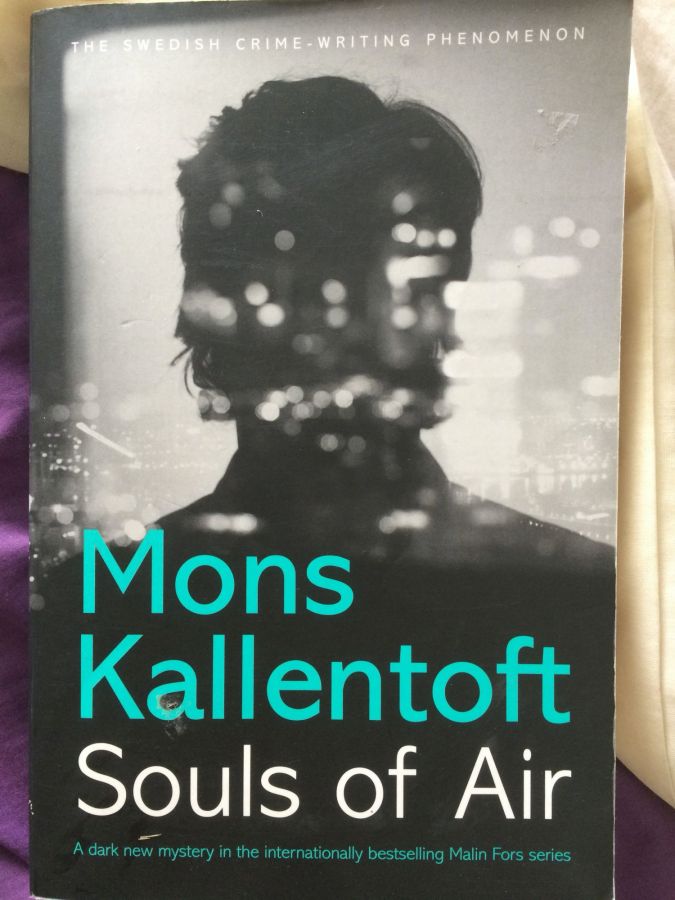 Overall 3.25/5
Overall 3.25/5
Set in Sweden
Crime
Is it suicide or a mercy killing? Souls Of Air by Mons Kallentoft (translated by Neil Smith) follows reformed-alcoholic, detective Malin Fors from Linköping Police Station as she sets about resolving her latest case.
Malin’s daughter Tove is home for the college summer break and is working in a nursing home where one morning she discovers one of the residents, 79-year-old Konrad Karlsson, dead hanged by his own alarm cord. In the short time she has been there, Tove has come to like Karlsson and can’t believe he would have killed himself. As well as being half paralysed, Tove thought he seemed happy despite his many years at the nursing home.
And so the autopsy suggests otherwise – what looked like a straightforward suicide is murder but who and why?
Malin’s investigative team consider who might benefit from Karlsson’s death, including his loving granddaughter Gabriella and estranged and troubled adult children Yngve and Margaretha. Or was the murder to silence Karlsson’s outspoken criticism of the care provided by the nursing home. The nursing home’s management and its rich owner Hans Morelia is on the verge of selling the nursing home business to an American group and any bad press might spoil the multi-million dollar deal.
Malin discovers that the nursing home staff are overworked and the home is under-resourced possibly leading to neglect of the residents. Tove is particularly upset by this as her mother’s disabled half-brother Stefan lives in a nursing home, which has previously been called to task for neglect. The book strongly criticises the Swedish nursing home industry in general, which sometimes felt like being lectured at, rather than as an integral part of the storyline.
Much of the book is devoted to the relationship between Malin and her daughter. Malin is particularly cold and seemingly without feeling towards her and we’re uncertain why? Tove is resentful of her mother, both for deserting her as a child and for Malin’s previous problems with alcohol. In the end, Malin is a difficult character to warm to and maybe this is my fundamental problem with this series, although the story is well enough contrived and therefore worth a read.

